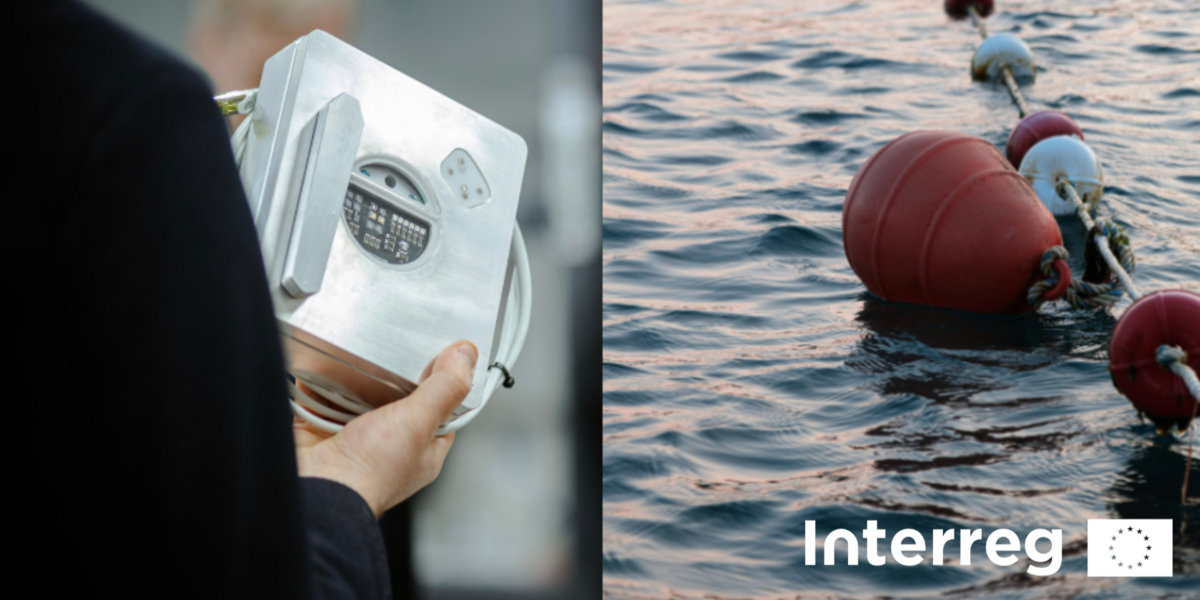
One of the many projects involving the Institute of Solid State Physics, University of Latvia (ISSP UL) is the Interreg Latvia–Lithuania project LAKES GO DIGITAL (project no. LL-00256), within which the institute provides water quality sensor technology for smart buoys that will significantly modernize water quality monitoring in lakes across Latvia and Lithuania.
In the near future, smart buoys will be deployed in a large lake near the town of Ludza to provide real-time data on key water quality parameters such as chlorophyll concentration and turbidity. This is a significant innovation that will eliminate the seasonal limitations of traditional sampling methods and allow for faster responses to potential threats, such as harmful algal blooms. During the project, smart buoys will also be placed in five other bodies of water – in Lake Germantas and Lake Mastis (Telšiai district, Lithuania), Lake Lunka and Lake Mičurinieši (Augšdaugava municipality, Latvia), as well as Lake Saldus (Saldus municipality, Latvia).
ISSP UL is responsible for developing the water quality sensor modules, which combine microspectrometer technology with automated data processing, enabling municipalities, scientists, and lake managers to make timely, data-driven decisions to improve and protect water quality.
The LAKES GO DIGITAL project is being implemented in Latvia and Lithuania with the goal of establishing a regional real-time lake monitoring network. By combining smart buoys, advanced sensor systems, and automated data processing, the project offers an efficient and transparent approach to lake monitoring. ISSP UL is proud to contribute to the implementation of this technology, which could also serve as an example for water bodies beyond the Baltic region.